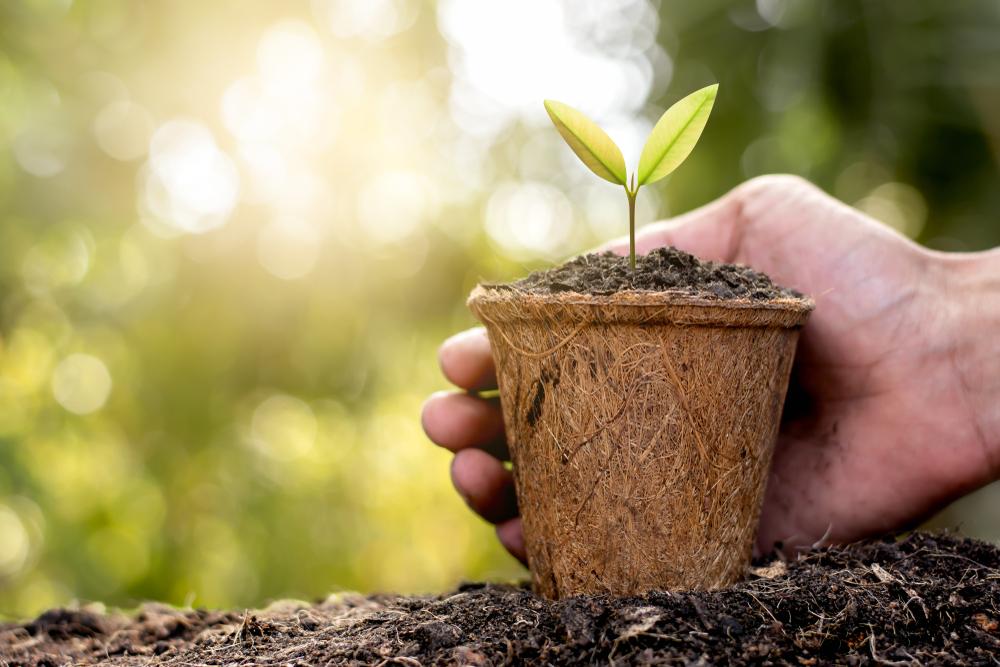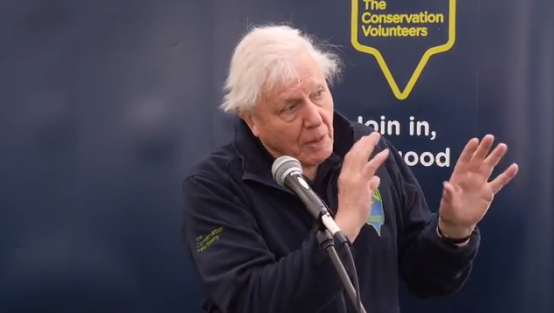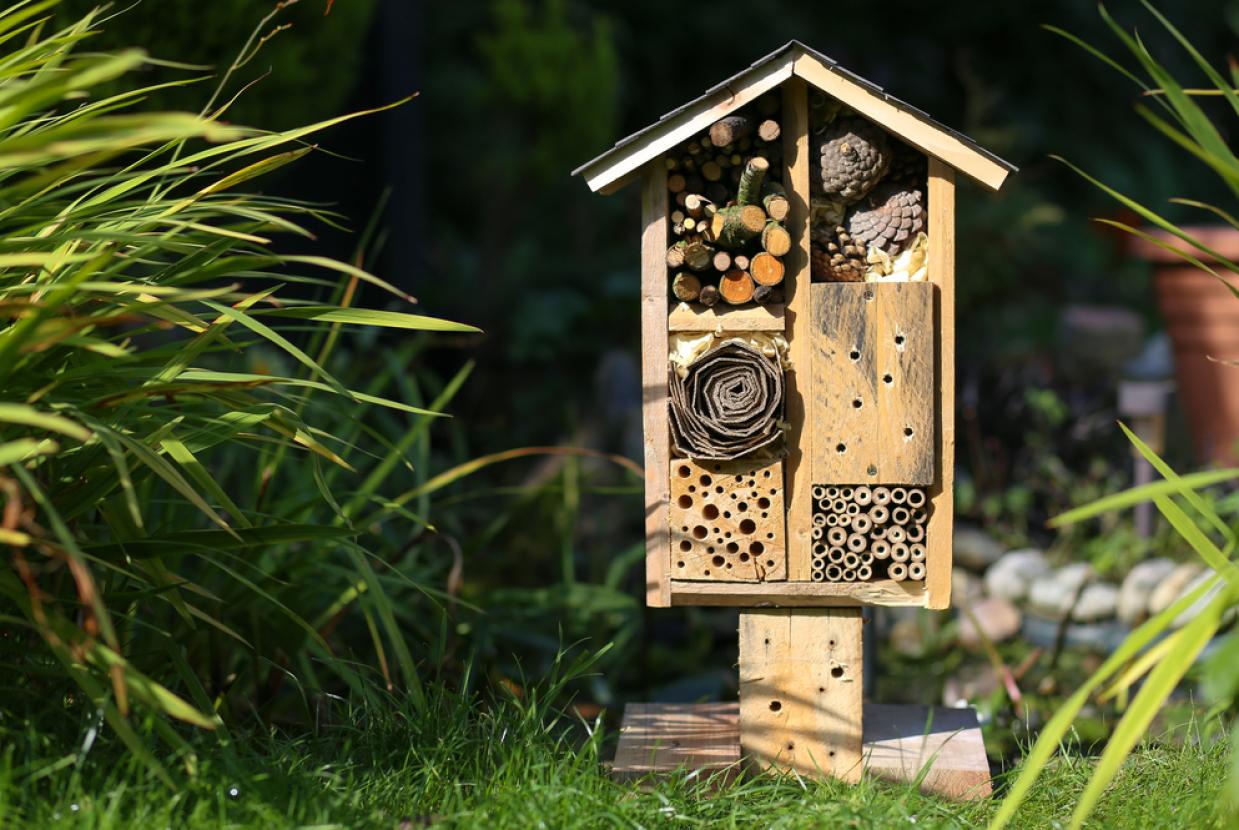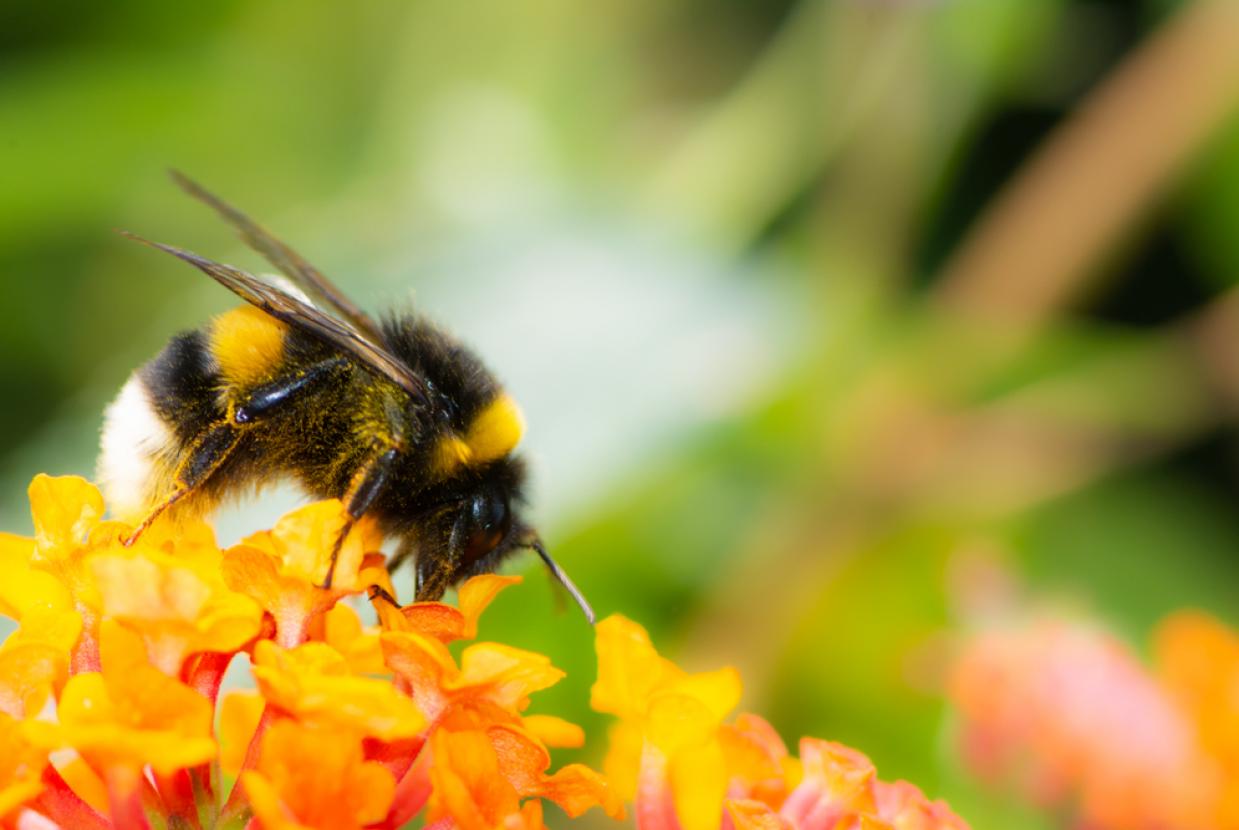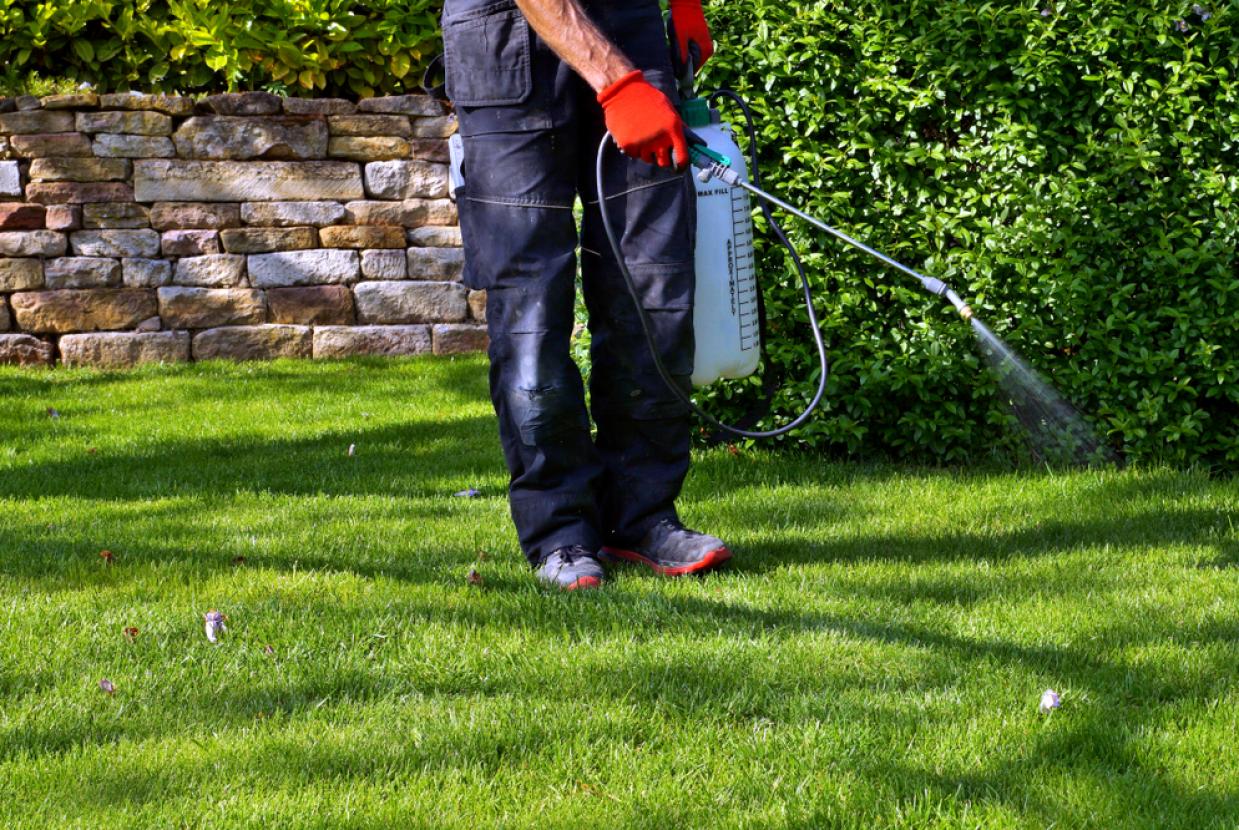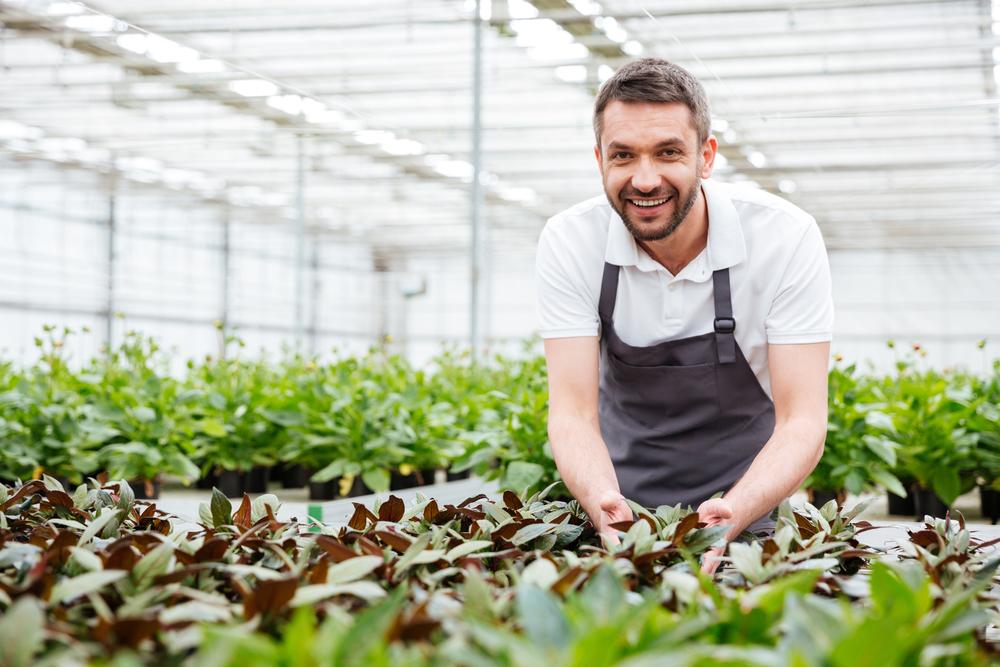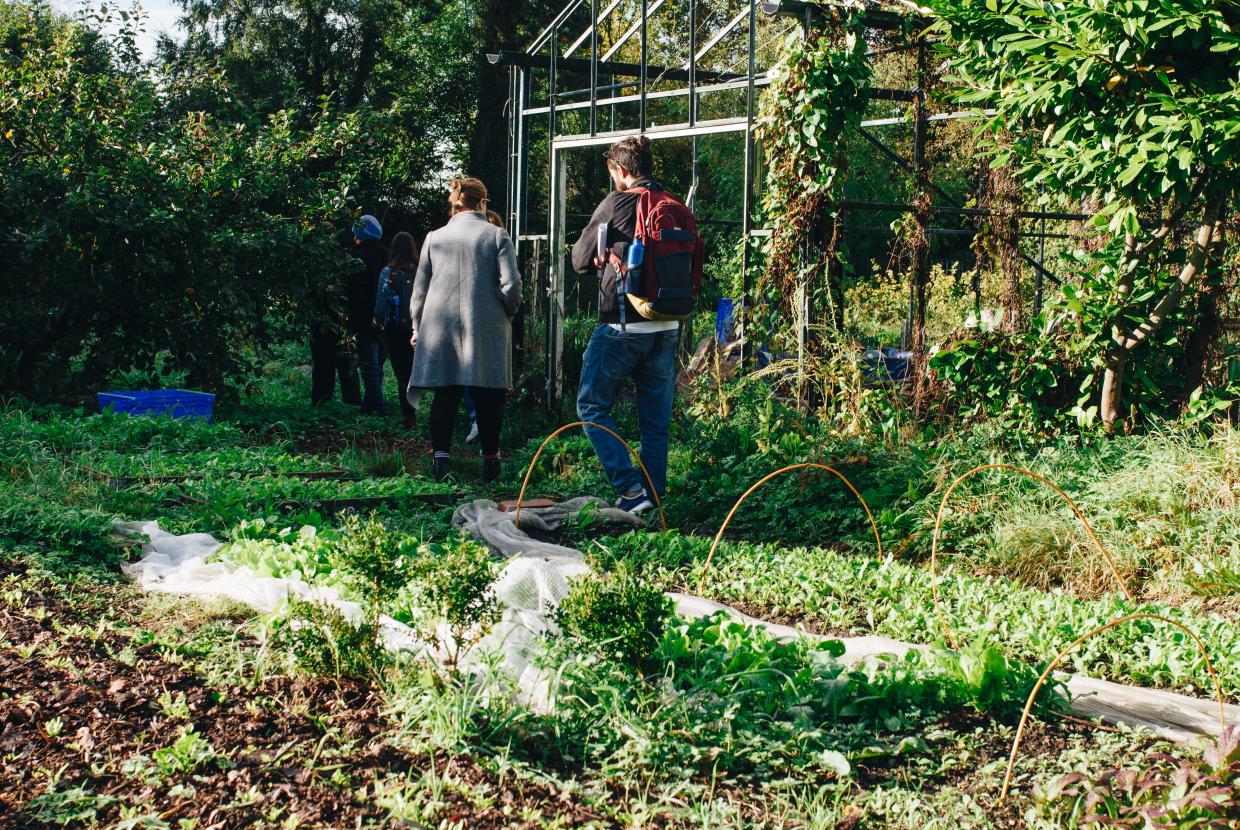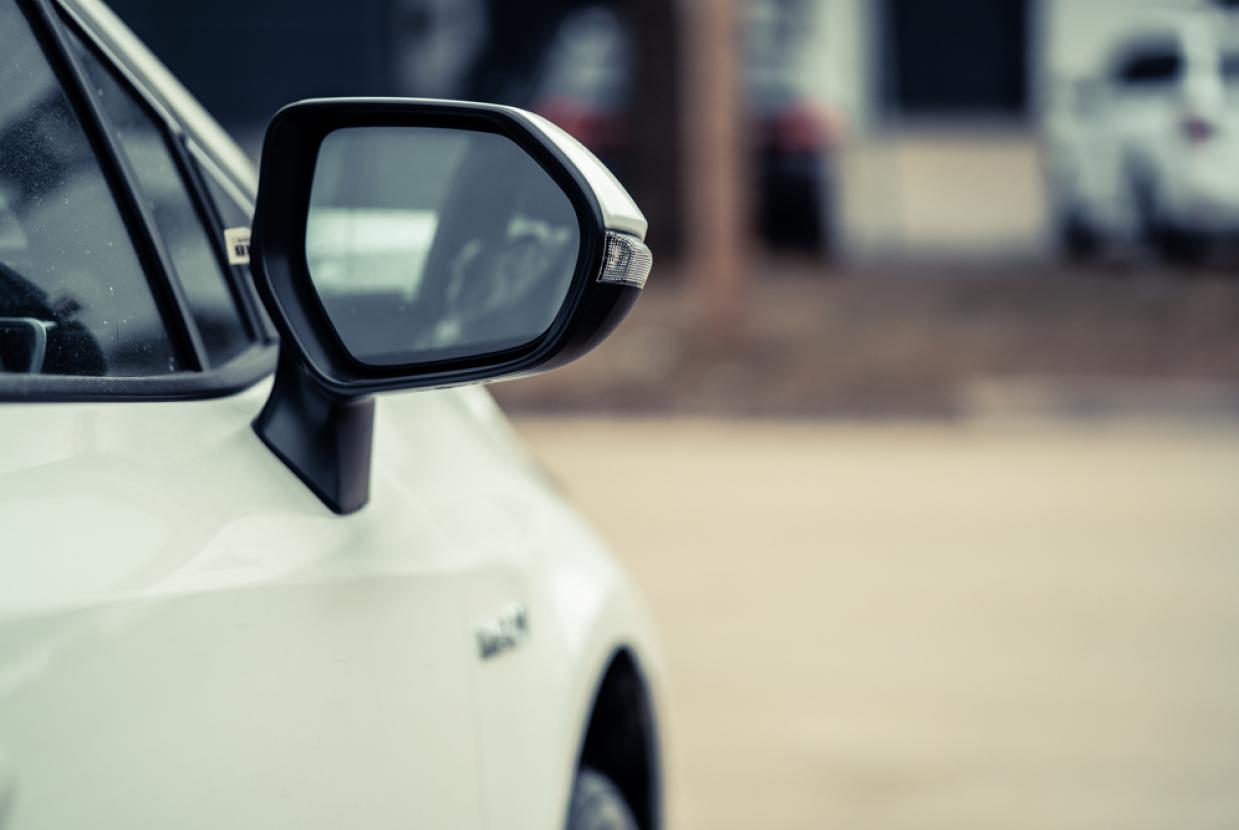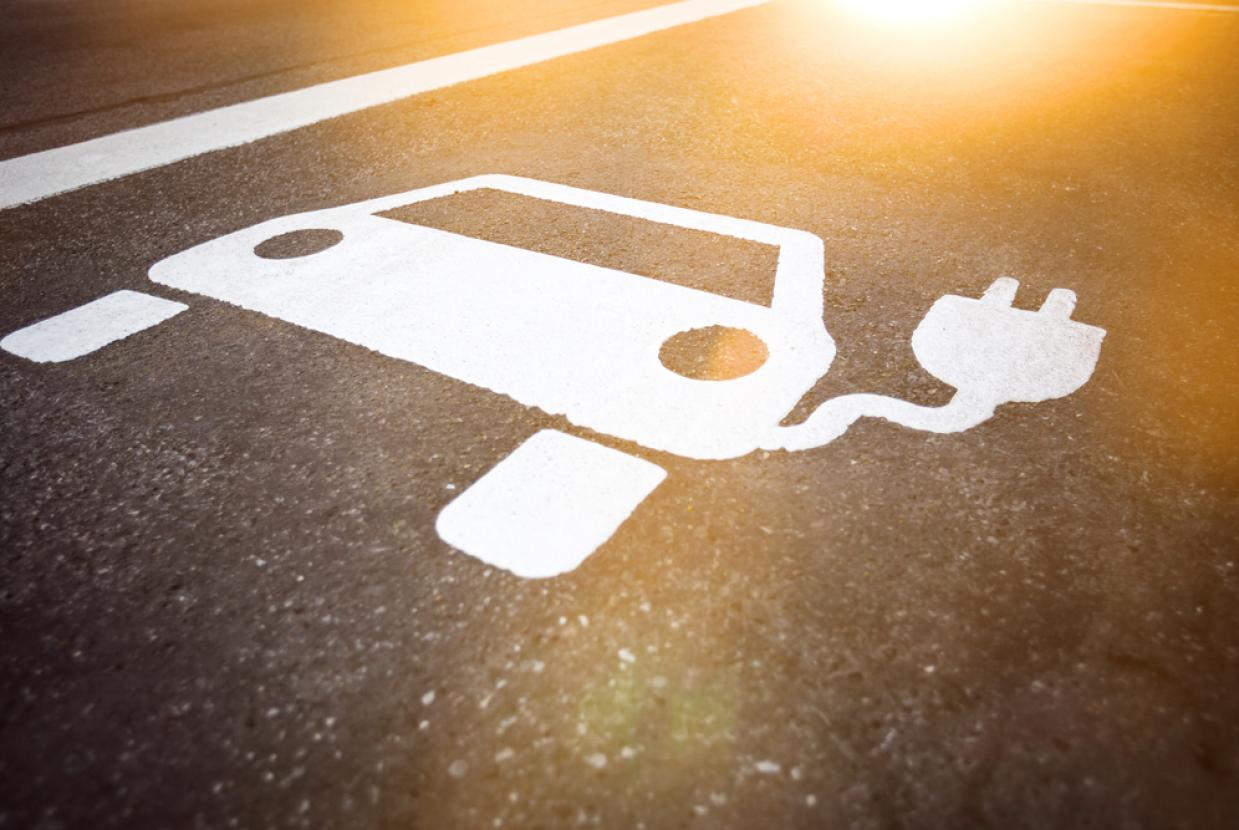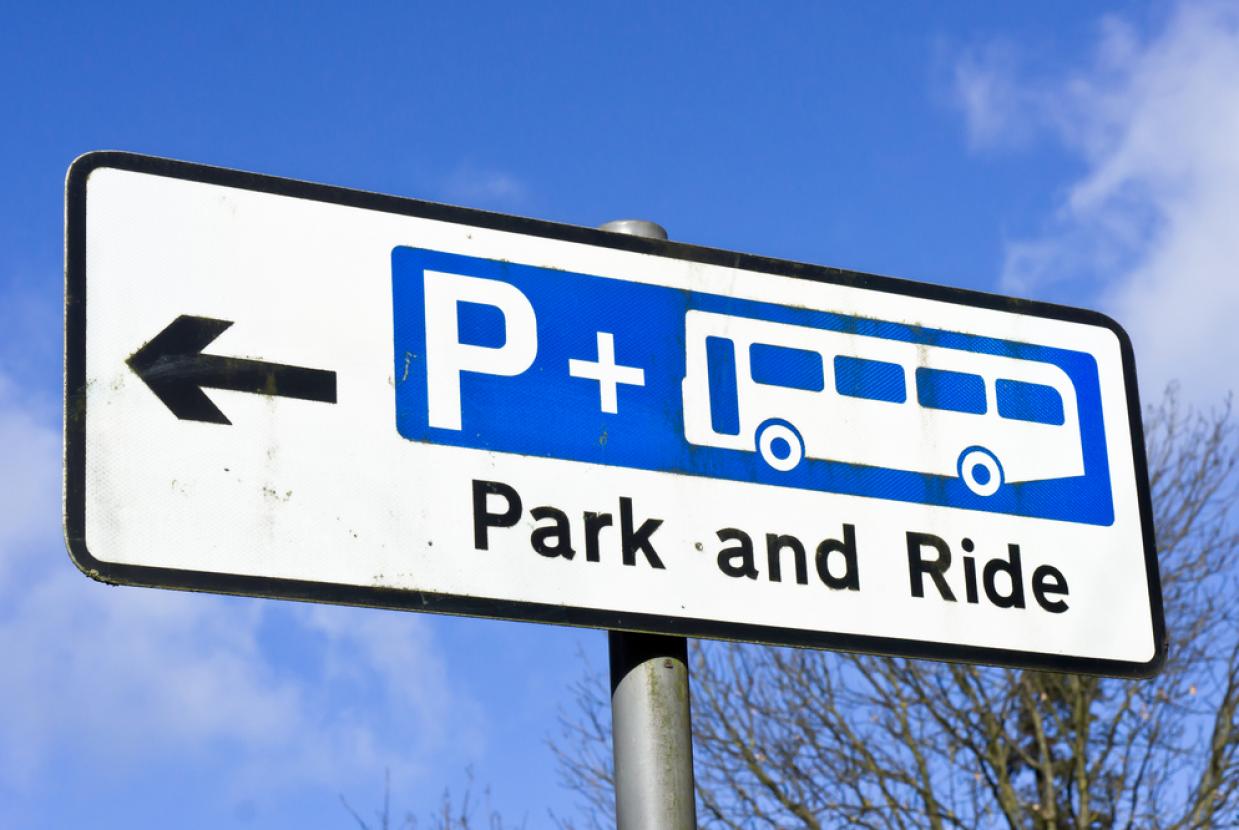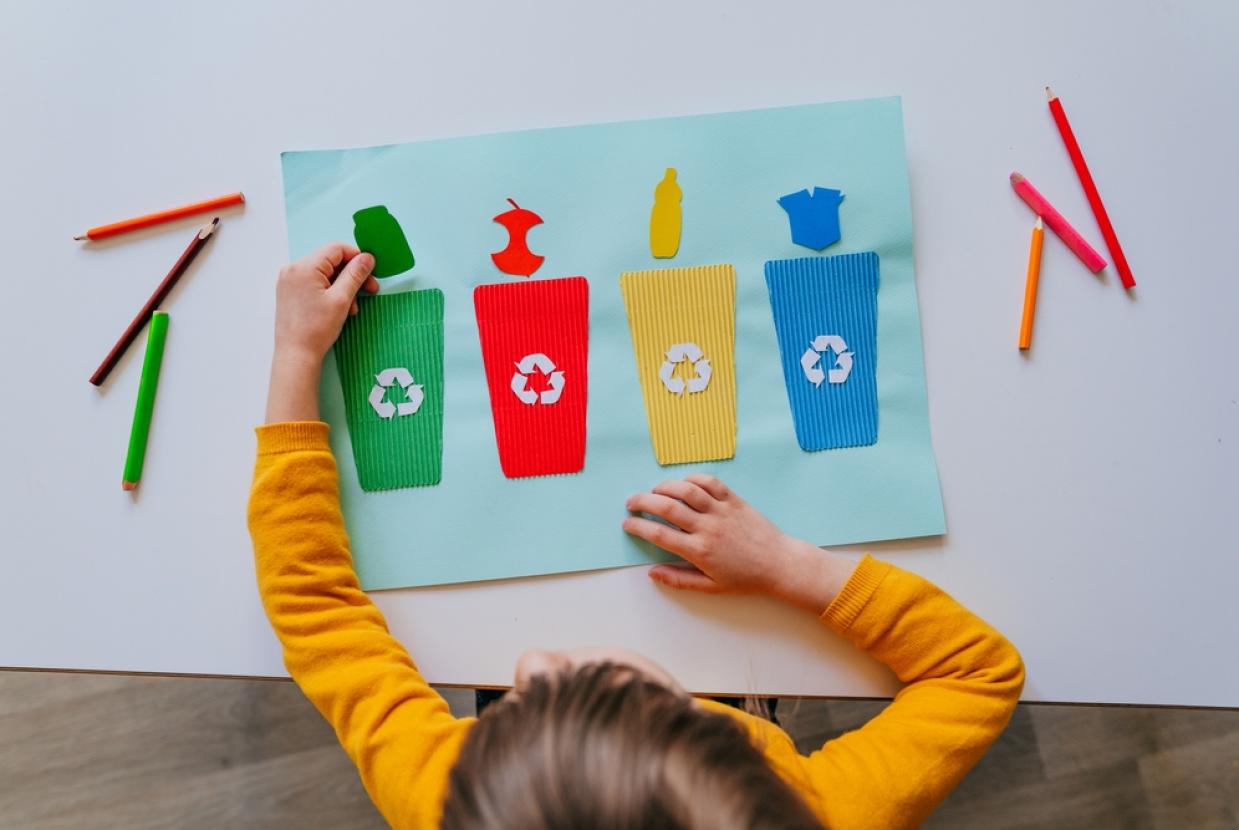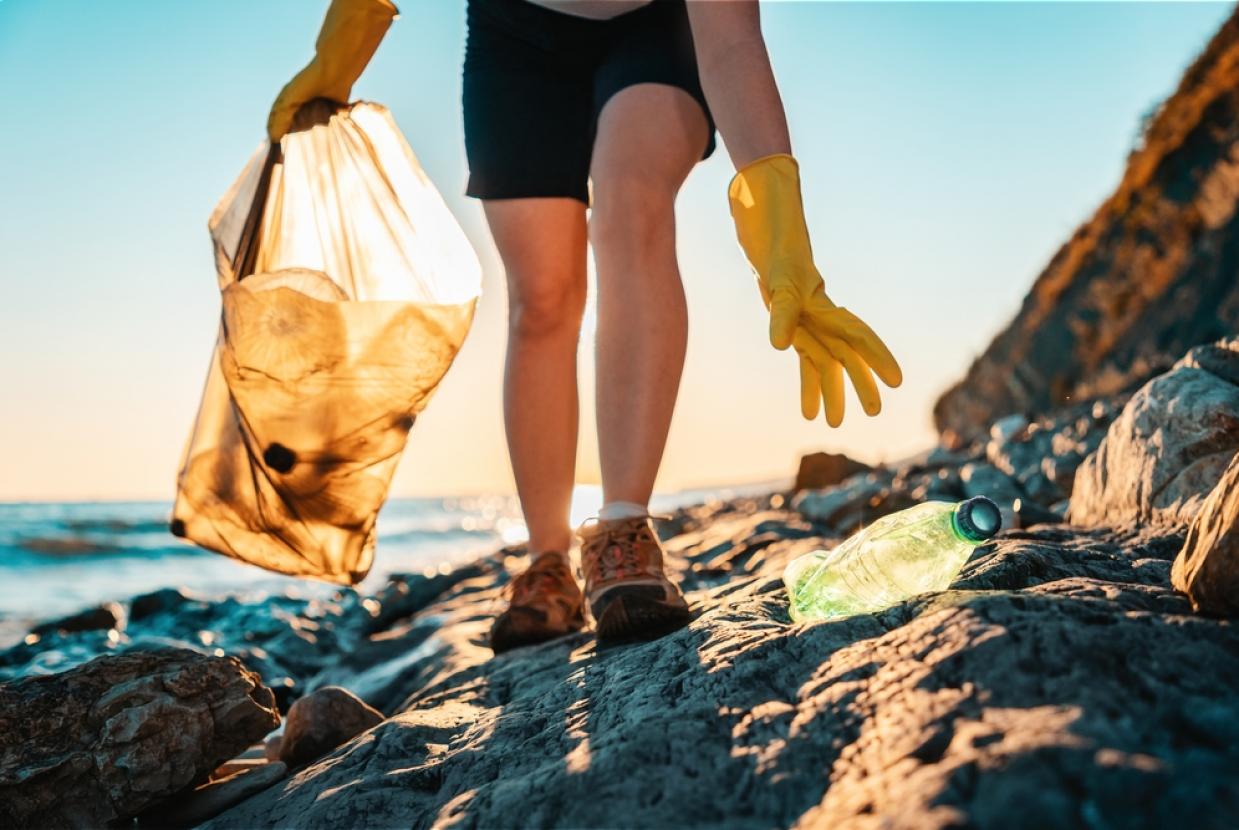Tips to save water around the home
ConservationWe get plenty of rain in Northern Ireland, but this rainwater has to be cleaned at our treatment works before it goes into the taps. So, the less water we waste the more cost effective the system is.
We all have a part to play to ensure there's enough water for everyone now and in the future.
Handy tips for saving water
1) Turn off the tap. Simply turning off the tap while brushing your teeth, washing your hands or shaving can save over 6 litres of water every minute!
2) Let the ‘yellow mellow’. Toilet flushing is one of the biggest water users in most homes. Consider only flushing the toilet when you really need to. Adding a toilet cistern bag to your cistern will reduce the amount of water used in every flush.
3) Take shorter showers. Why not challenge yourself and your family to shower one minute quicker? In a year you could save up to 10,000 litres of water!
4) Take a shower instead of a bath. One bath can use up to 100 litres of water, whereas an efficient shower uses under 50 litres. But remember power showers can use more water than baths.
5) Use a bowl for washing vegetables. A running kitchen tap can use up to 20 litres of water every minute. You can reduce water waste by using a bowl to wash and prepare your vegetables. Then you can use the water to rinse your recycling.
6) Make full use of your washing machine. Half load programmes on washing machines use more than half the water and energy of a full load, so wait until the machine is full before switching it on.
7) Lawns are great survivors. Even when they look dry and brown, they’ll spring back with the first heavy rain, so to avoid watering them wherever possible.
8) Turn off the tap when brushing your teeth. A running tap can use six litres of water per minute.
9) Fix leaking taps. A dripping tap can waste more than 60 litres of water per week.
10) Keep a jug of water in the fridge. Planning ahead means there is no need to run the water until it gets cold.
11) Fill the kettle with only as much water as you need. This will save water and energy.
Content sourced from Northern Ireland Water (niwater.com).







